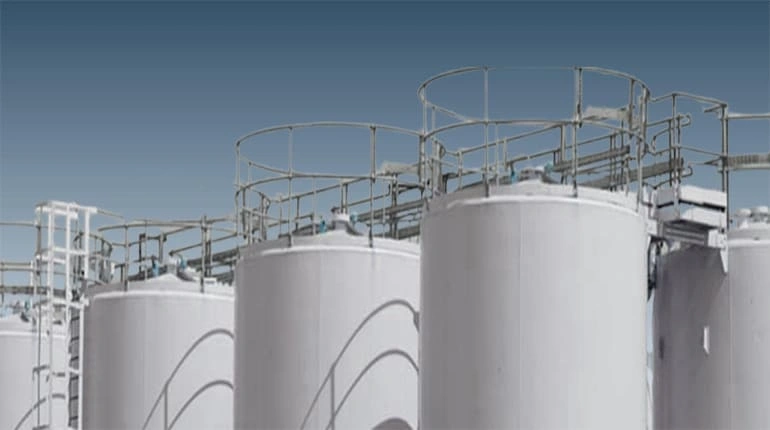
The cost of a cement storage silo can vary significantly based on several factors, including its size, material, design, and location. Typically, these structures are made of steel or concrete and are used to store bulk quantities of cement. Small silos for residential or small-scale use may cost a few thousand dollars, while large industrial silos can run into the millions. Additionally, expenses such as foundation work, transportation, and installation should be factored in when estimating the total cost of a cement storage silo.
Constructing a cement storage silo involves several key steps. Firstly, a suitable foundation is prepared to support the weight of the silo and its contents. The silo itself can be constructed from steel panels or precast concrete sections, assembled on-site. The construction process also includes the installation of various components like the discharge system and safety features. The cost of this construction process depends on the chosen material, size, labor costs, and any customization needed.
Cement storage silo manufacturers play a vital role in the industry by producing a wide range of silo types and sizes to meet the diverse needs of construction and industrial projects. These manufacturers offer silos in different materials, such as steel or concrete, and provide customizable options to suit specific project requirements. Reputable manufacturers ensure their products meet quality and safety standards, offering warranties and technical support to customers.
A cement fly ash silo is used for the storage of both cement and fly ash in construction and infrastructure projects. Estimating the cost of such a silo involves considering factors like the size of the silo, the materials used, any additional features or safety measures required, and the specific needs of the project. The cost estimate should include expenses related to construction, installation, transportation, and any customization for fly ash storage, making it a project-specific calculation.
Cement silo manufacturers specialize in producing a variety of silos for cement storage, addressing the storage needs of different industries. These manufacturers are responsible for designing and fabricating silos, ensuring they meet industry standards and safety regulations. A reliable cement silo manufacturer provides a wide selection of products, offers technical support, and may provide maintenance and repair services to ensure the longevity and functionality of their silos.
A concrete mixing silo, also known as a cement silo, is an essential component of concrete batching plants and construction sites. It serves as a storage facility for cement and other materials used in concrete production. The size and capacity of concrete mixing silos can vary, depending on the project's requirements. Proper estimation of the cost of a concrete mixing silo involves factoring in the size, material, design, and any additional features needed, such as conveyors and aeration systems. The total cost may also include installation and ongoing maintenance expenses.






Silos are made of sheet metal, with a stirred covering. Furthermore, in spite of the fact that it might appear to be in any case, the expansion in temperature of the sheet because of the heat of the sun is exceptionally shallow and doesn't influence the grain mass. The temperature variety that influences the grain mass is brought about by the maturation processes, that is when there is a dampness centre that starts to weaken the grain, and one of the outcomes is the temperature increment.
Indeed. It is fundamental to safeguard the grain from stickiness to ensure ideal storage conditions. Along these lines, the silo is provided with clay to seal the joints between the ferrule sheets; and elastic washers are utilized for the screws. In this way, it is suggested that the underpinnings of ground silos be assembled marginally raised starting from the earliest stage.
The temperature inside the silos must be directed to guarantee the grains don't get harmed; that incorporates appropriate air circulation to control how much dampness inside the shut compartment. Another significant thing is to defend the grains from bugs; chemical control inside the silos is expected to shield it from bugs and different rodents. So silos which are bulk storage systems for different kinds of food grains.
Storage silos are structures designed to store grain and other material in mass or powder. They are likewise utilized for storing different components like concrete, calcium oxide, calcium hydroxide, actuated carbon or plastic gums, among others. The most widely recognized storage silos are tube shaped with a metal help in spite of the fact that there are likewise rectangular and square ones. They are like a pinnacle and the material with which they are fabricated can be metal, stainless steel, supported concrete, wood, built up plastic, fiberglass, and so forth.
A silo is a construction for storing mass materials. Silos are utilized in horticulture to store grain or aged feed known as silage. Silos are all the more ordinarily utilized for bulk storage of grain, food items. Silos are involved by different businesses for bulk storage of coal, concrete, sand, woodchips, metal waste, food items and sawdust. Silos range in range from around 10m to 90m with a limit of 20 to 80 tons.
